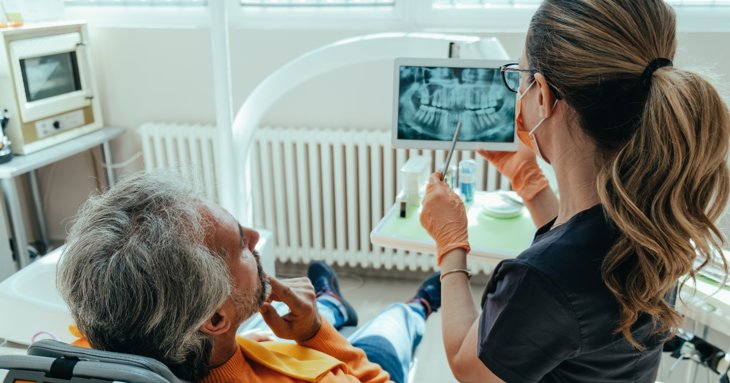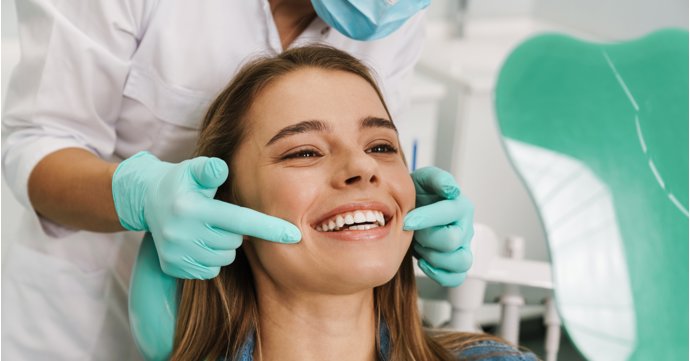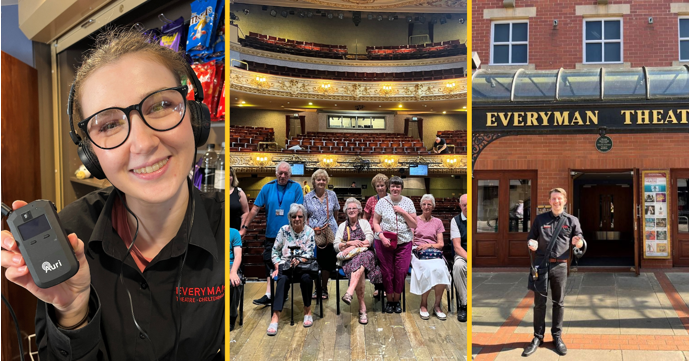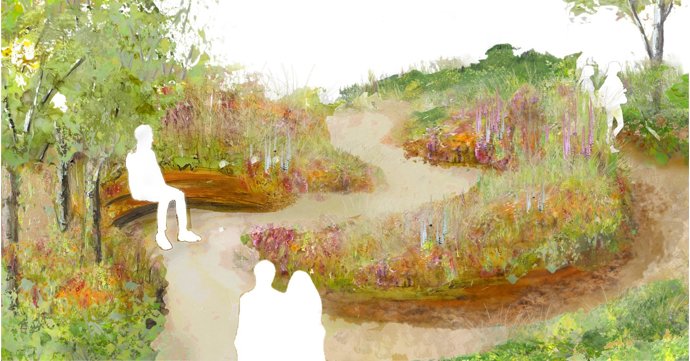Dental emergencies can occur when you're least expecting them and understanding what they are and how to handle them quickly and effectively is crucial to keeping your mouth and teeth healthy and strong.
A dental emergency can be anything from severe toothache, knocked-out teeth, broken or cracked teeth, or injuries to the soft tissues of the mouth.
The first step in knowing that you need immediate dental attention is recognising that you have a 'key indicator' such as severe or persistent pain, swelling, bleeding and trauma to the mouth.
Once this is established, a little first aid at home can make a big difference in the first instance. For a toothache, rinsing the mouth with warm water and using dental floss to remove debris may offer relief. Or, in the case of knocked-out teeth, preserving the tooth in milk or saliva and then seeking immediate professional help is key.
Dr Peter Workman, practice owner and clinical director at Affinity Dental Care & Implant Centre, said: 'While awaiting professional assistance, there are steps individuals can take at home to alleviate discomfort and prevent further damage.
'This includes creating a dental emergency kit with essentials like over-the-counter pain relievers, sterile gauze and a small container for knocked-out teeth. Also, an understanding of when home care is appropriate and when professional help is necessary is vital.'
This means that if you have symptoms of severe or persistent pain, swelling or signs of infection, you should contact an emergency dental clinic immediately.
Dr Workman advised: 'When you phone a practice, be sure to include as much information as possible, such as where in the mouth is it, for example, upper or lower jaw, front or back. Describe the pain — for instance, whether it's a sharp or dull ache, and also give an idea of when the pain started or when the incident occurred. This will help to enable your dentist to have a better idea of the treatment and length of time required.'
In the case of a suspected infection, it's always better to get this looked at by a dental professional immediately, especially if there is swelling, fever or persistent pain.
And for parents, facing an emergency with a child's tooth can be a scary prospect. But prevention is your best bet, when it comes to common scenarios such as baby teeth that have been knocked out or chipped, and oral injuries. Affinity Dental's advice is to make sure children wear protective gear during sports and to always help and encourage younger children to brush properly and look after their teeth.
Dental practices will always have an out-of-hours number listed on their website and on their answer machine when calling the surgery, and some practices such as Affinity Dental include emergency, out of hours treatment on its monthly plans.
For more information on Affinity Dental Care & Implant Centre and all the treatments and services it offers, call (01452) 526526 or visit affinitydentalcare.co.uk.





















